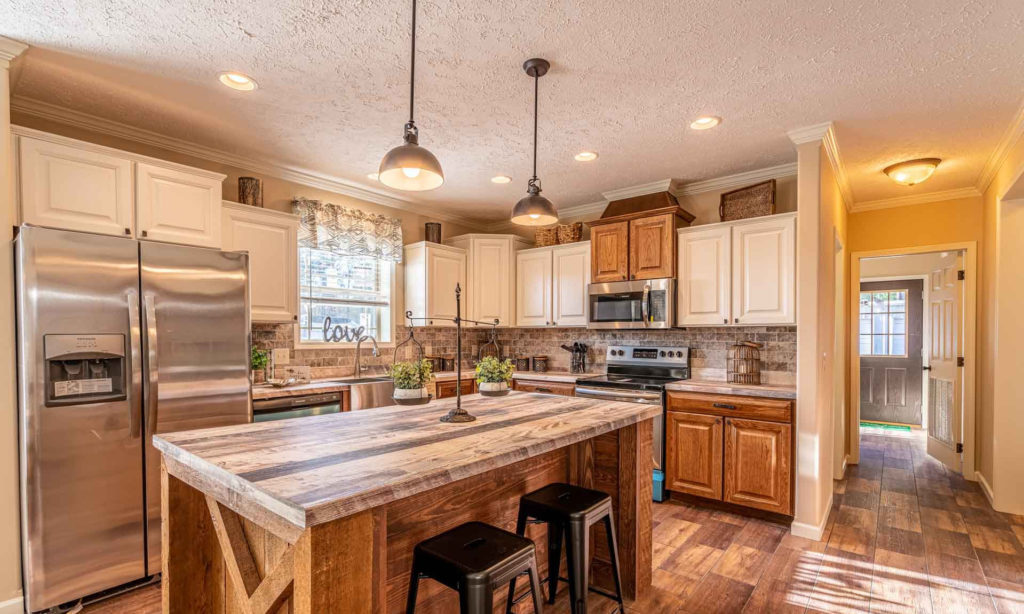As the construction industry evolves, modular construction has emerged as a transformative approach, offering faster build times and improved cost efficiencies. This contemporary method relies heavily on prefabricated modules that are assembled on-site, a process that demands exact alignment and coordination. Behind the scenes, a key player is at work ensuring everything runs smoothly—enter the general contractor.
The role of a general contractor in modular construction is pivotal to its success. They serve as the linchpin connecting various teams, from design and manufacturing to transportation and assembly. As the conduit of communication and the overseer of quality control, a general contractor transforms modular plans into reality. In this article, we delve into the multifaceted responsibilities of these essential professionals and how their expertise shapes the future of building.
1. Site Preparation
The first responsibility of a general contractor in modular construction is meticulous site preparation. Before any module arrives, the site must be ready to accommodate the prefabricated units. This involves clearing the land, laying foundations, and ensuring all utilities are in place. Given the precision required in modular construction, every measurement must be exact, avoiding any discrepancies that could disrupt the assembly process.
2. Ensures Compliance with Zoning Laws
Zoning laws govern the types of buildings that can be erected in specific areas and encompass regulations on building height, density, architectural design, and the usage of the structure. Working with surveyors and site engineers, the general contractor ensures compliance with local zoning laws and building codes. They are responsible for coordinating inspections and obtaining the necessary permits, which are pivotal to moving the project forward without legal entanglements or costly delays.
3. Coordination with Modular Manufacturers
A unique aspect of modular construction is its dependency on tight coordination with manufacturers. The general contractor plays a crucial role in ensuring that every module is designed, fabricated, and shipped according to the project schedule. They work closely with manufacturers right from the design phase to align on the specifications and requirements.
4. Scheduling and Site Readiness
The timing of module delivery is crucial in modular construction. The general contractor schedules deliveries to align with the assembly crew’s readiness, preventing site congestion and idle time. This requires precise coordination between the production timeline at the factory and the on-site construction schedule. Ensuring that the site is prepared when modules arrive is essential, as delaying assembly could increase costs and impact project timelines.
5. Overseeing Offloading and Assembly
Upon arrival at the construction site, the general contractor supervises the offloading process. Each module must be handled with care to avoid damage. They ensure the availability of cranes and other machinery required to position the modules correctly, emphasizing precision and safety throughout the operation. The general contractor oversees a team responsible for carefully unloading each module, ensuring they are securely and accurately placed onto their foundations. This stage is critical, as any errors in placement or alignment can lead to structural issues and compromise the building’s integrity.
6. Ensuring Quality and Structural Integrity
The general contractor’s role doesn’t stop at merely overseeing the placement of modules. They are also responsible for conducting thorough inspections to verify that each module aligns seamlessly with others and fits correctly upon the prepared foundations. This involves checking the structural connections between modules and ensuring that the building is level and stable. Quality assurance protocols are followed meticulously to detect any discrepancies or defects early in the process.
7. Integration of Building Systems
Once the modules are securely in place, attention turns to the integration of essential building systems such as plumbing, electrical, HVAC, and any other utilities. The general contractor coordinates with specialized subcontractors to connect these systems seamlessly. It is critical that these connections are made accurately and tested to ensure they function as intended. Any
Get Started Today
If you’re interested in learning more about modular homes, contact Family Dream Homes. We’re here to help with any questions you may have!



